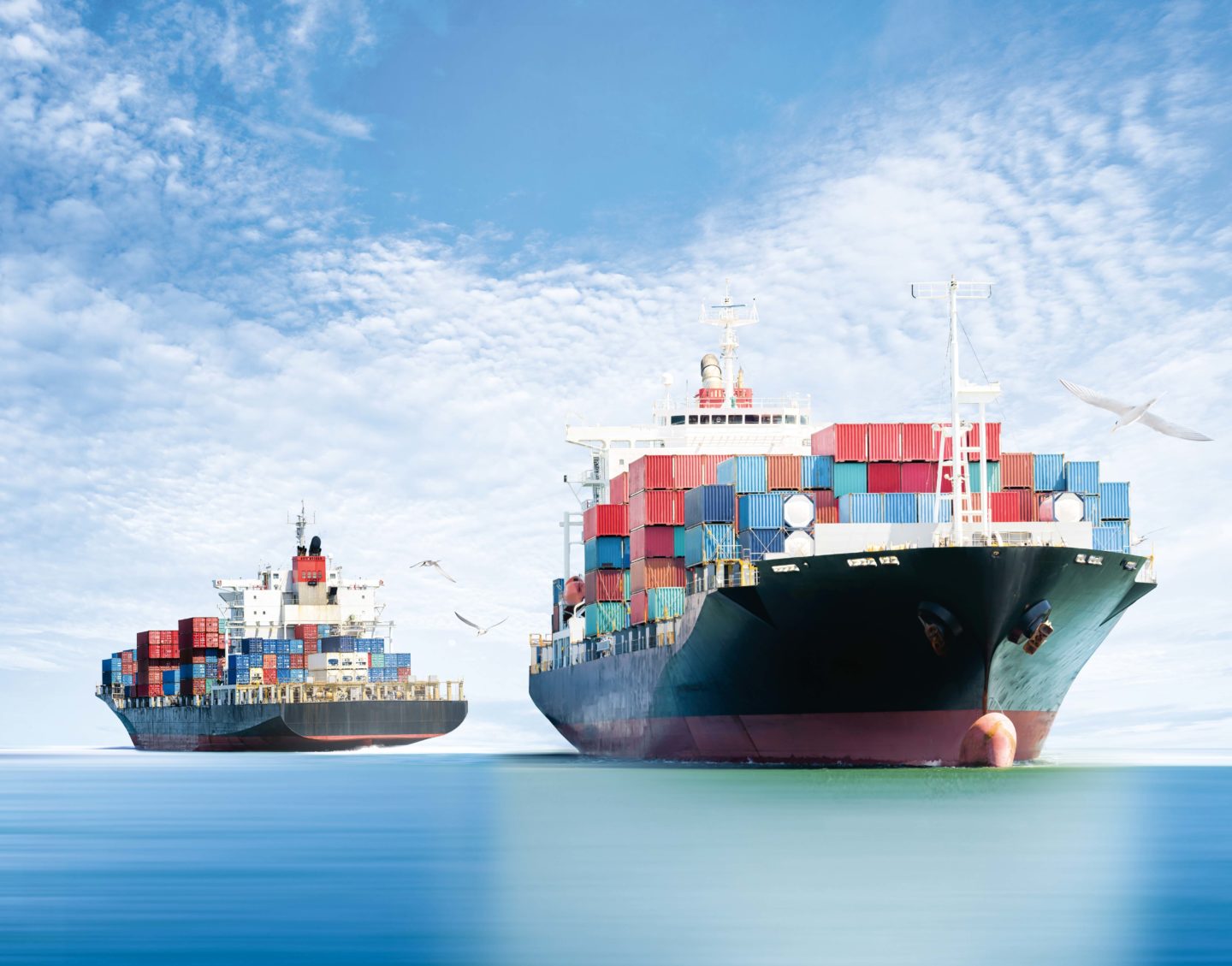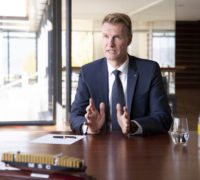Soren Toft, CEO of the world’s second-largest container carrier, says the resurgence of global trade amid the pandemic has highlighted the need to reinforce cargo transport systems and infrastructure.
Even after a quarter of a century in the industry, Soren Toft (EMBA 2009) could not have predicted what a turbulent first year he would face when he agreed to take the helm of the privately held Swiss shipping company MSC.
Pandemic-induced border restrictions, lack of access to vaccines for seafarers and shortages in labour and equipment are among the factors creating logjams outside ports and delays to deliveries. The strain on global supply chains is particularly acute due to the huge swings and surges in demand from companies seeking to move goods around the world. Imports to the United States were up 33% in the first half of 2021 compared with 2020, according to a report by Jungle Scout.
While the COVID-19 crisis has played a major role in the disruption, Toft said it has also laid bare some systemic issues plaguing the industry, such as high freight capacity utilization rates of around 90-95% that meant there was little slack available to cope with the huge jump in demand.
“When you throw a pebble in the pond, the pebble may not be that big, but you see a ripple throughout the network,” said Toft, a Dane, who joined MSC last December. The Geneva-based company, which was founded in 1970 by Gianluigi Aponte, handles about 23 million TEUs (twenty-foot container equivalent units) annually and is present in over 150 countries
“We have done everything in our power: as many ships as possible have been deployed all over the world and we are investing billions of dollars in the net work to ensure we provide vessel capacity, containers and landside services to keep the merry-go-round of world trade turning.”
Toft says he expects demand might cool next year, especially if the US Federal Reserve starts raising interest rates. But he hopes that one lasting impact of the pandemic is that customers will understand that in order to move goods affordably and reliably to the point of sale they may need to pay a little more for service than they have done historically.
“If we would get a slightly higher price than in the past, we could also offer a better and more stable service. I would hope that the big learning is that squeezing the last $100 out of the transport price is not leading to stable and sustainable solutions,” he said, while recognizing that today’s rates [as of October 2021] are very elevated on the back of the systemic supply chain crunch.
While he concedes that higher shipping prices might mean that some companies and consumers might wish to source certain commodities and goods more locally, he notes that shipping volumes have not fallen despite freight rates hitting multi-year highs during the pandemic.

Audio available





